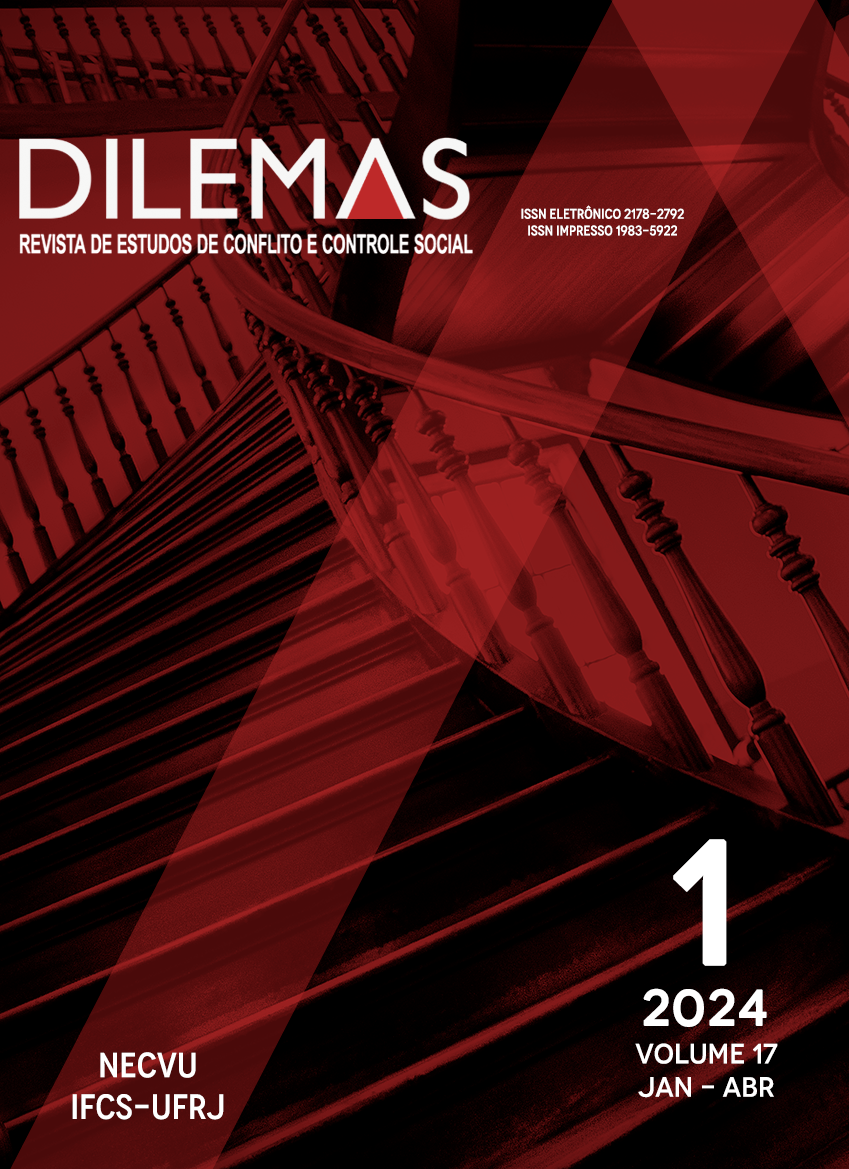Dénégrification of the world and the becoming-black of the world: Two processes of extermination?
DOI:
https://doi.org/10.4322/dilemas.v17.n.1.53179Keywords:
Négrification, Negrification-subversive, Dénégrification, Capitalism-neoliberal, ExterminationAbstract
This article is about racism, its direct relationship with neoliberal capitalism, and the consequences of this relationship. Aiming to question the idea of devenir-nègre, or becoming-black, of the world — a presupposition according to which neoliberalism tends to transform all the world’s subaltern population into black people —, of Achille Mbembe. This study is based on a bibliographic review about the category of race and the use of racism in colonialism, the Négritude movement and, finally, contemporary racism and the genocide of the black population as a political and economic project. Three processes resulting from social relations involving issues of race and class are articulated in the analysis: i) négrification: the transformation of people from the African continent into nègre at the height of the colonial-slavery system; ii) négrification-subversive: struggles that took place in the post-slavery to make positive the term nègre, iii) dénégrification: racist neoliberal political project that aims to exterminate those classified as nègre. This articulation supports the idea, contrary to that of becoming-black, that while nègre is defined epidermally, although its condition may reach non-nègres, these will never be seen as such, since, for that, nègres in the epidermal sense would need to disappear.
Downloads
Published
Issue
Section
License
Copyright (c) 2024 Ao submeter um texto, o(s) autor(es) declara(m) aceitar todos os termos e condições da revista e cede(m) a ela os direitos de publicação impressa e digital. Os direitos autorais dos artigos publicados são do autor, porém com direitos da DILEMAS - Revista de Estudos de Conflito e Controle Social sobre a primeira publicação.

This work is licensed under a Creative Commons Attribution 4.0 International License.
Upon submitting a text, the authors retain copyright and grant DILEMAS - Revista de Estudos de Conflito e Controle Social the right of first publication, with the work simultaneously licensed under the Creative Commons License type attribution BY (CC-BY), which permits sharing of the work with acknowledgment of authorship and initial publication in this journal.

